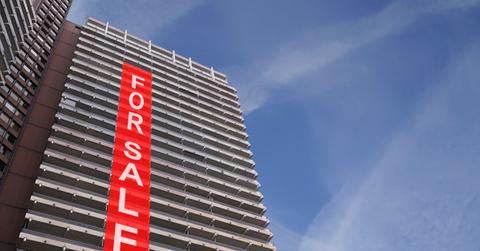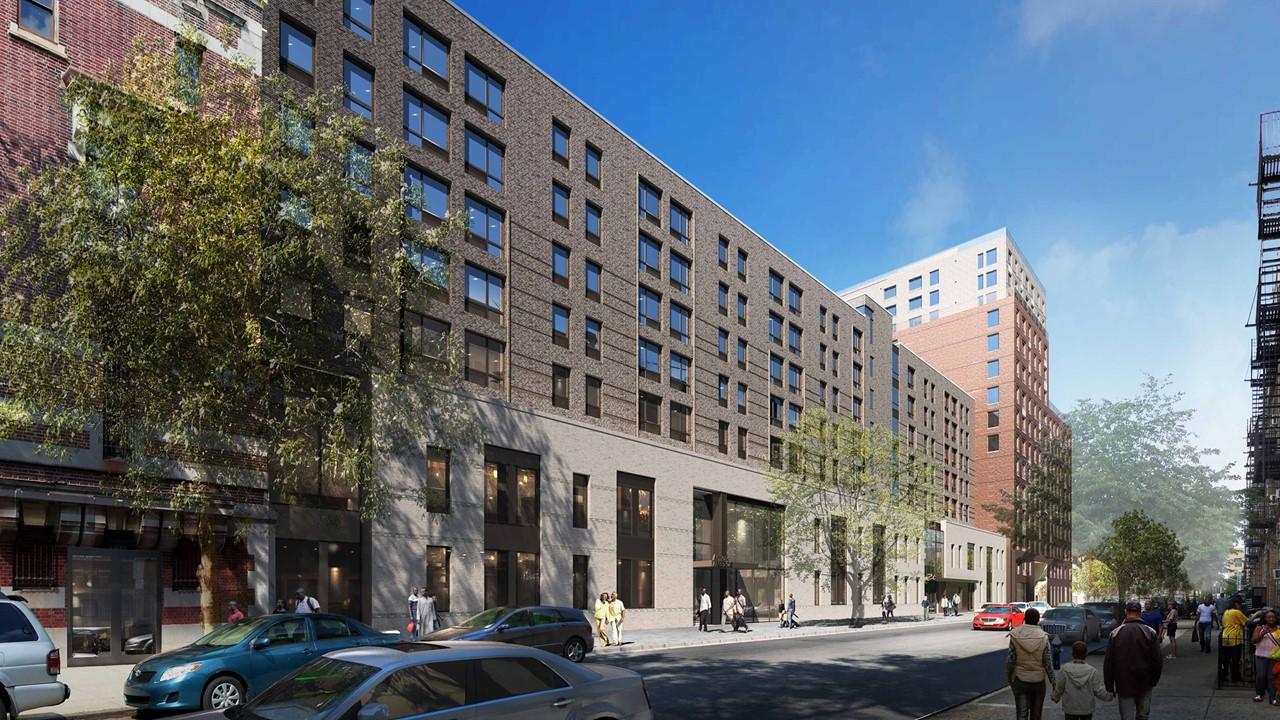HDFC Tax Break Loophole—New York Housing Program, Explained
What is the HDFC tax break loophole? Here's an explanation of New York housing program.
Oct. 11 2021, Published 9:57 a.m. ET

Certain homebuyers have been taking advantage of a tax benefit that's technically legal, but not the tax break’s intended purpose. Housing Development Fund Corporation cooperatives, or HDFCs, provide tax breaks that help make homeownership a more feasible option for lower-income people.
In New York, Bloomberg reported that wealthier families are buying homes at lower prices and with beneficial tax loopholes through the HDFC program. Affordable housing expert Penny Gurstein told Bloomberg, "They’re just gaming the system” by using tax subsidies intended for the benefit of low-income families and individuals."
What are HDFCs?
HDFCs are housing units that must sell to buyers whose income falls beneath a certain cap. The HDFC also sets a maximum taxable value for each unit in New York City.

The current maximum taxable value is $11,079, with the median home price at about $770,000.
The stated purpose of HDFCs, according to New York law, is that they exist “exclusively to develop a housing project for persons of low income.” Unfortunately, due to poorly designed rules and a lack of enforcement of income restrictions, many people with access to capital are able to purchase the units instead of the low-income people intended to use the program.
How did the HDFC program begin?
HDFC started in 1989 with a tax break to help government buildings out of debt. The government seized properties that had fallen into disrepair in the 1970s, and co-ops were formed to manage the properties that tenants purchased. Poorly managed co-ops led to a repeat of unpaid taxes and building code violations.
Instead, the HDFC was formed as an absolute cap on the taxable value of each unit, with scheduled price increases. Bloomberg reported that often HDFCs sell for half or even less than half of a comparable non-HDFC property price.
How wealthy families benefit from the HDFC program
As Gurstein, of the Housing Research Collaborative at the University of British Columbia, said to Bloomberg, “This is now just being used as a playground for the rich.” The program was meant to assist low-income people in getting into affordable housing. Instead, higher-income families are getting into these homes.

Often, wealthy families provide financial assistance to their adult children in order to get them housing in these HDFC neighborhoods. Many of the HDFC properties are still somewhat high-priced, with income restrictions, and often require an all-cash deal. Therefore, as Bloomberg reports, children of wealthy parents might be the ideal buyers.
Matt DeSilva, a real estate agent with HDFC expertise, said, “They didn’t think about rich kids with a trust fund but who make 30 grand a year working for a nonprofit.”
Some parents explain that the HDFC program enables their grown children to focus on creative pursuits that aren't financially lucrative. Those in music, art, fashion design, and other low-paying fields can buy an HDFC unit with assistance from their wealthier parents, although their own income still meets guidelines.
The HDFC Coalition says that most HDFC co-ops “want and need to remain incorporated as HDFCs so long as a sufficient tax break is in place to keep monthly housing costs affordable.” However, John McBride of the HDFC Coalition also maintains the group should keep the right to convert into traditional co-ops.
